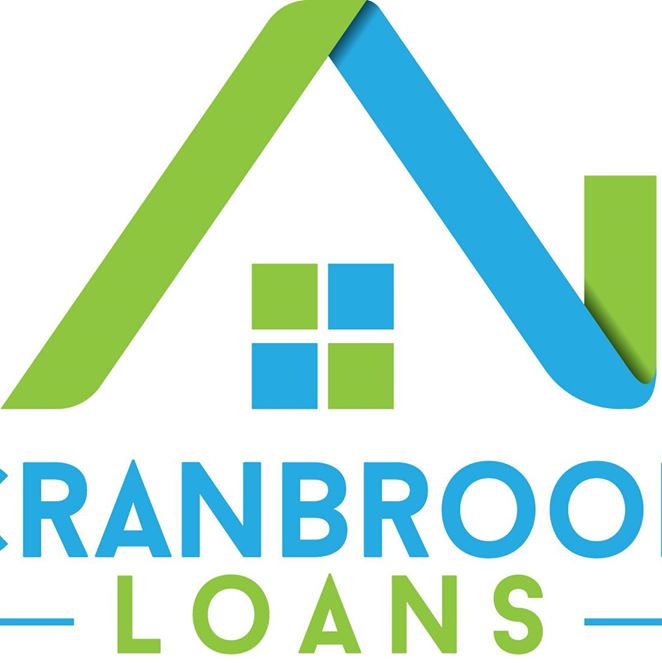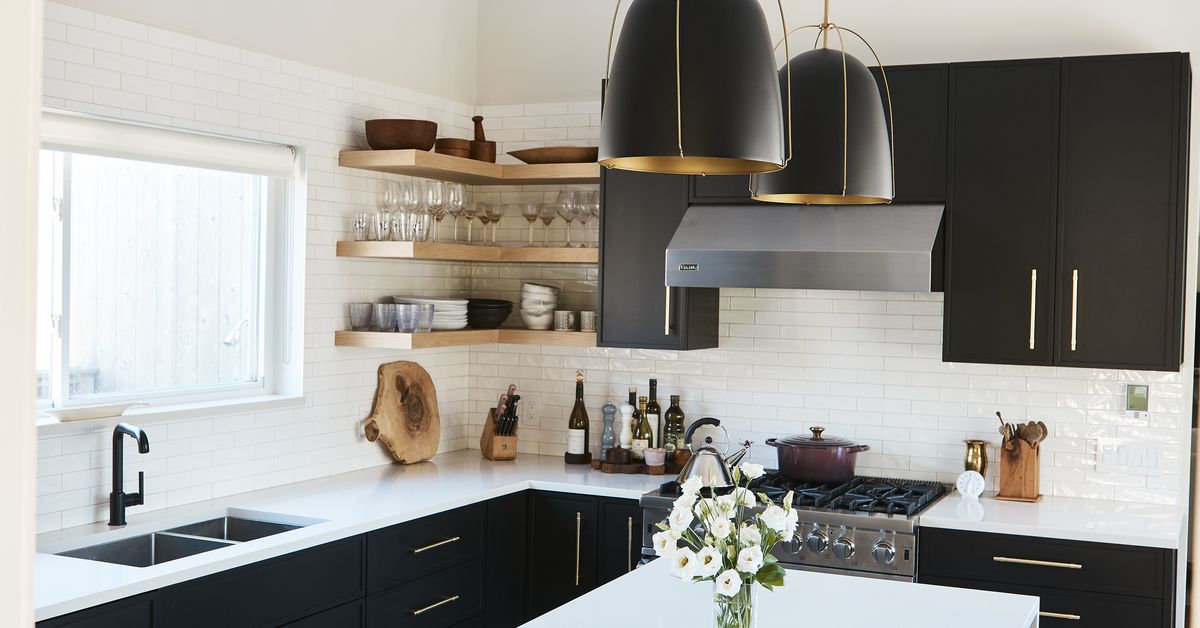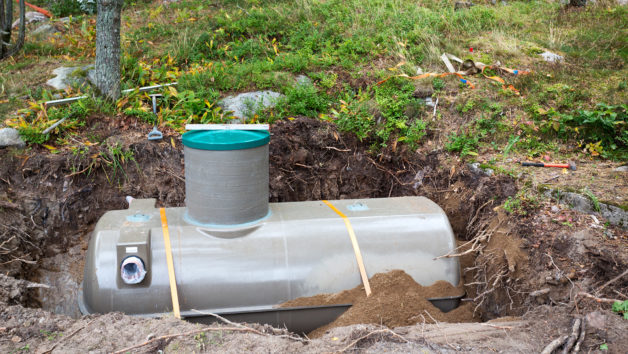[ad_1]
The top three are shades of blue! Do you think blue is a fad or forever?
2020’s Hottest Paint Colors: Which Is Your Favorite?
The perfect hue for your listing could be hiding among paint companies' top 11 picks.
[ad_2]
Source

[ad_1]
The top three are shades of blue! Do you think blue is a fad or forever?
2020’s Hottest Paint Colors: Which Is Your Favorite?
The perfect hue for your listing could be hiding among paint companies' top 11 picks.
[ad_2]
Source

[ad_1]
Get the Most Out of Your Kitchen’s Undersink Area
Clever solutions can turn this awkward space into a storage workhorse
[ad_2]
Source

[ad_1]
You could also call me and trade that small space for a bigger one 😁
How to Create a Vertical Garden for Small Spaces
Ask This Old House landscape designer Jenn Nawada installs a vertical garden to maximize space for a homeowner
[ad_2]
Source

[ad_1]
Considered a must for most master bathrooms!
These bathrooms for couples or kids double up on sinks and style
[ad_2]
Source

[ad_1]
What I wish I’d known before my first kitchen renovation One renovator shares her experience so you can learn from her successes and missteps. Plus, the before and after photos are amazing! Source
https://
What I wish I’d known before my first kitchen renovation
What I wish I’d known before my first kitchen renovationOne renovator shares her experience so you can learn from her successes and missteps. Plus, the before and after photos are amazing! Source
[ad_2]
Source

[ad_1]
What I wish I’d known before my first kitchen renovation
One renovator shares her experience so you can learn from her successes and missteps. Plus, the before and after photos are amazing!
[ad_2]
Source

[ad_1]
Planning on throwing a new coat of paint on before the house hunters show up? Avoid orange, black, and violet and consider these other great color based tips: http://bit.ly/
The Colors That Help (and Hurt) Your Home’s Selling Potential
[ad_2]
Source

[ad_1]
Some lenders won’t even let you drain your accounts to buy a home!
How Much Should You Budget for Expenses After Closing? | Home Buying Resources | ABR
[ad_2]
Source

How much do septic tanks cost? Septic tank installation costs can head up into the tens of thousands of dollars, but if you’re thinking of buying or building a home in a rural area or some other place that’s not connected to a public sewer system, you may just have to spend the cash. Installing your own septic tank means the water going down the drain of your bathtub, toilet, and sinks has someplace to go!
In fact, about one-third of Americans have their own septic system, according to the American Ground Water Trust. If you’re breaking ground on a new home or, say, converting a cabin with no running water, you will have to install one. But how much does a septic tank installation cost? Answers ahead to keep you from flushing good money down the drain.
For a three-bedroom home, you can expect to need a 1,000-gallon tank, which will range in price from $8,000 to $15,000, according to AngiesList.com. For a five-bedroom home, you’ll probably need a 1,500-gallon tank, which will cost between $15,000 and $25,000.
The cost of a septic system depends on its size, and its size will hinge on how much water you use. You can estimate both of these by using the number of bedrooms in your house as a rule of thumb.
In addition to the septic tank installation cost, you will also be on the hook for a few other expenses—namely permits, soil tests, and the excavation equipment needed to dig the hole in your yard where the tank will be placed.
A local septic installation expert will have an estimate of those costs, which vary widely by area. As part of that cost, “An engineer will come out and perform all the necessary tests and design a system that will work for the home,” says J. Cook at Cortlandt Septic Tank in Montrose, NY.
Installing a septic system typically takes about three to five days—and ideally should be done after your home has been built but before you’ve installed a driveway or other landscaping features. Note: A septic tank will displace a decent amount of dirt onto your lawn, which you can use elsewhere (hello, landscaping!).
Even when your septic system is safely in the ground, your days of dealing with it (and the costs) are not done. For one, a septic tank will need to be maintained—which mainly boils down to having it pumped every few years. This keeps the sludge at the bottom from rising so high that it spills into your yard (yuck).
This is why the Environmental Protection Agency recommends having your septic system pumped once every one to three years.
“The price range for pumping the tank is $300 to $400,” says Cook. At the very least, have your tank checked to see if it needs to be pumped. Trust us, this is not the kind of thing you want to let slide, unless you want a sewage plant in your backyard.
And there are ways to save on maintenance: Just use less water by installing low-flow toilets and not running the water more than necessary. And in addition to researching the costs of installing and maintaining a home septic system, be sure to review and understand all your local laws and regulations involving wastewater treatment and related issues.
For more information, visit EPA.gov.septic.

Should you prepay your mortgage? For some homeowners it’s a financially savvy move—but for others, beefing up their loan payments just doesn’t make sense. To help you figure out whether prepayment is right for you, here are the pros and cons cited by financial experts.
Interest is the extra fee you pay your lender for loaning you the cash you needed to buy a home. After all, lenders don’t just hand out dough for free—they’re in the business to make money.
By increasing your monthly mortgage payments—also called “prepaying” your mortgage—you’ll effectively save money in interest charges. Those savings can add up big-time.
For example, let’s say you take out a $200,000 mortgage with a 4% fixed interest rate and a 30-year term. If you continue to make your minimum monthly payments, you’d be forking over $143,739 in interest over 30 years until the debt is paid off. But, by paying an extra $100 per month, you’d pay only $116,702 in interest over a 25-year time span—a savings of $27,037.
By accelerating your mortgage payments, you’ll also be shortening how long it takes to pay off the loan, which would increase your cash flow in the future. That’s a huge incentive for some borrowers.
Paying more money each month toward your mortgage’s principal can also give you peace of mind, says Marguerita Cheng, a certified financial planner at Blue Ocean Global Wealth in Gaithersburg, MD.
“Emotionally, it’s gratifying knowing that you’re paying your mortgage sooner than you originally planned to do,” Cheng says.
No matter how much money you put down on your mortgage, your home equity is the current market value of your home minus the amount you owe on your loan. So say your home is worth $250,000 and your mortgage balance is $200,000. In this case, you’d have $50,000, or 20%, in home equity.
Making larger mortgage payments toward your loan’s principal would enable you to build equity faster. Having more home equity can be a tremendous boon if you’re looking to get a home equity loan or home equity line of credit, such as to pay for home improvements, says Tendayi Kapfidze, chief economist at Lending Tree.
Showing that you have less debt—and that you manage your debts responsibly, by paying your mortgage off early—can raise your credit score. That can help if you’re planning to apply for a car loan or a second mortgage on a vacation home, since your credit score would affect the interest rate you qualify for.
Because prepaying your mortgage reduces your mortgage interest, it may not make sense from a tax-savings perspective. Mortgages are structured so that you start off paying more interest than principal.
For example, in the first year of a $300,000, 30-year loan at a fixed 4% interest rate, you’d be deducting $10,920. (To find out how much you paid in mortgage interest last year, punch your numbers into our online mortgage calculator.)
Nonetheless, taking a mortgage interest deduction under the new tax law requires itemizing deductions—and itemizing may no longer make sense for many homeowners, since the standard deduction jumped under the new tax plan to $12,200 for individuals, $18,350 for heads of household, and $24,400 for married couples filing jointly.
Another thing to consider: In the past, you could deduct the interest from up to $1 million in mortgage debt (or $500,000 if you filed singly). However, for loans taken out from December 15, 2017, onward, only the interest on the first $750,000 of mortgage debt is deductible, says William L. Hughes, a certified public accountant in Stuart, FL.
Every dollar you put toward your mortgage principal is a dollar you can’t invest in higher-yield ventures, such as stocks, high-yield bonds, or real estate investment trusts, Pitzl says.
That being said, “you’d be assuming more risk by investing your money in, say, the stock market instead of putting the money toward your mortgage,” Pitzl points out.
“You have to consider your risk tolerance before you decide where to put your extra cash,” says Cheng.
For many homeowners, paying off higher-interest debt—such as from a credit card or private student loan—is more important than prepaying their mortgage, Cheng says.
Think about it: If you’re carrying a $400 debt on a credit card from month to month with a 20% interest rate, the amount of money you’re paying in credit card interest is $80 per month—that would be leaps and bounds higher than what you’d be paying in mortgage interest on a home loan with a 4% interest rate.
Building your retirement savings is crucial, of course. However, some people make the mistake of prepaying their mortgage instead of maxing out their retirement contributions, Cheng laments.
“At the bare minimum, I recommend my clients do a full 401(k) match with their employer,” she says.
Moreover, Pitzl encourages people to build a sufficient emergency fund—typically, a fund large enough to cover three to six months of their essential expenses—before they focus on prepaying their mortgage.
“If you get into a bind, you can’t sell off windows and doors to make ends meet,” Pitzl says.
Some lenders charge a fee if a client’s mortgage is paid in full before the loan term ends. That’s why it’s important to check with your mortgage lender—or look for the term “prepayment disclosure” in your mortgage agreement—to see if there’s a penalty and, if so, how much it is.
The bottom line: If you don’t have enough money to pad your savings before you begin paying off your mortgage early, prepaying your home loan may put you in a financial hole if an emergency crops up.
Still not sure what direction to go in? Consider sitting down with a financial planner to discuss your options based on your personal finances.